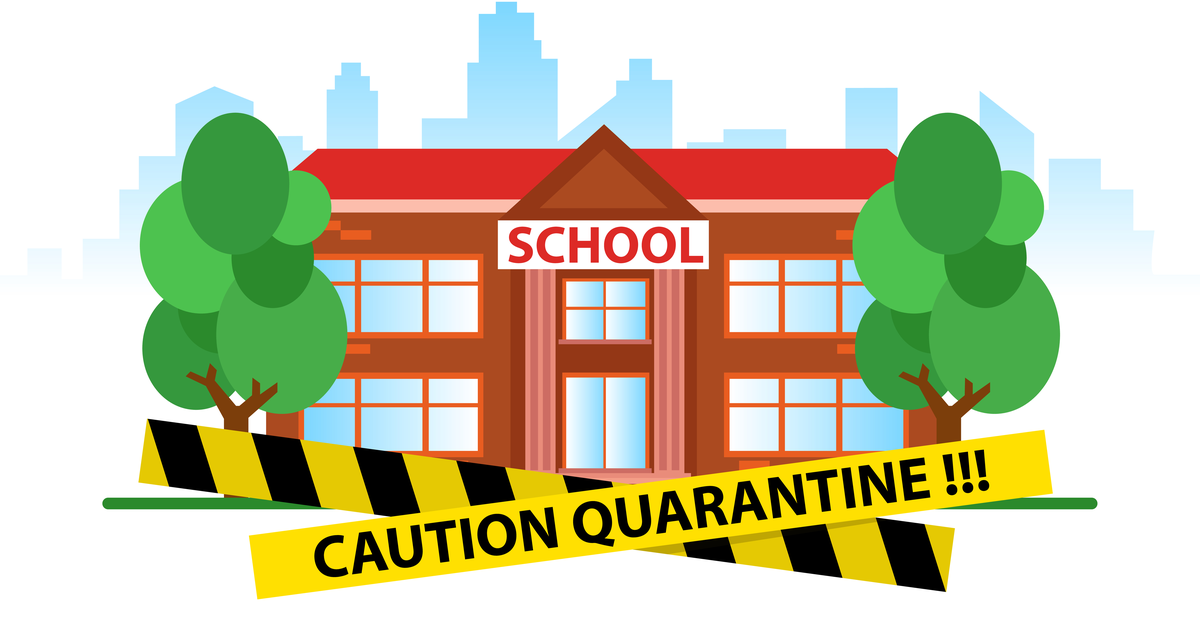E-Pluribus | April 27, 2022
More Elon Musk induced panic, what is justice according to Adam Smith, and a post mortem on schools and pandemic policies.
A round up of the latest and best writing and musings on the rise of illiberalism in the public discourse:
Mike Solana: Elon Conquers The Twitterverse
Elon Musk’s purchase of Twitter, the latest installment of the Apocalypse of the Week, continues apace. At Bari Weiss’s Common Sense Substack, Mike Solana looks at the real reasons for the panic from some quarters and why both the most optimistic expectations and the worst fears from Musk’s acquisition are likely to fall short.
In a press release, Elon shared his goals for the platform, which echoed the goals he’s shared all month:
“Free speech is the bedrock of a functioning democracy, and Twitter is the digital town square where matters vital to the future of humanity are debated. I also want to make Twitter better than ever by enhancing the product with new features, making the algorithms open source to increase trust, defeating the spam bots, and authenticating all humans.”
[ . . . ]
The social internet is always a Dalí painting—surreal and horrifying and beautiful. A million crazy people screaming over nonsense, with funny jokes or anecdotes mixed in, fortune cookie observations, legitimate political happenings, and “words are violence” hall monitors from The Washington Post waging daily information war on trolls and Russian bots and okay actually just a lot of regular people with whom they disagree, or simply don’t like.
[ . . . ]
The central tension of this discourse has nothing to do with racism or violence or anti-Martian colonialistic sentiment. The collective meltdown over Elon’s Twitter coup is likewise not about the dangers of rich people buying media platforms, a budding take growing in popularity, with innovators of the meme including most recently The Information’s Jessica Lessin. After all, if “rich people buying media platforms” were a serious concern, we probably would have heard more about it last month, when every major media platform was . . . already owned by rich people.
The truth is there’s only one thing this is really about and that’s free speech. Still. It’s always just that.
Elon has repeatedly stated his goal of guaranteeing freedom of political dissent, which he considers essential to the functioning of our democracy. This is what his detractors are reacting to.
Read it all here.
Daniel B. Klein: A Better Understanding of Justice
With Senator Ed Markey introducing the world to “algorithmic justice” (see final item in “Around Twitter” below,) it’s worth taking a close look at the broad concept of justice. At City Journal, Daniel Klein explores Adam Smith’s concept of “tri-layered justice” and why “social justice” stands the traditional idea of justice on its head.
In The Theory of Moral Sentiments, Smith distinguishes between commutative justice, or not messing with other people’s stuff; distributive justice, or making a becoming use of what is one’s own; and estimative justice, or estimating objects properly. When a claim not to have our possessions messed with is made against government, it is called liberty. Yet even classical liberals can sense that justice extends further. What, after all, justifies commutative justice or liberty but some larger principles?
In expanding the concept of justice, it is natural to think that we should move on to some other sense of justice, such as “social justice” or “general justice.” For Smith, however, justice is always a matter of individual actions and duties. If someone does something, the relevant questions are: Did he, in doing the action, mess with anyone’s stuff? Did he make a becoming use of his own possessions? Did he estimate pertinent objects properly? The first is a matter of grammar-like rules. But the second and third, distributive and estimative, involve aesthetic considerations and a sense of propriety—above which is praiseworthy and below which is blameworthy.
Distributive and estimative justice necessarily involve vagueness, as in Smith’s use of the word “becoming.” Smith described their rules as “loose, vague, and indeterminate.” Each sense of justice demands an evaluation of the actor and his action, in light of the context of that action and the relevant alternatives. Estimative justice demands specification of the object being estimated. Such demands give more structure, coherence, and discipline than is found in discourse about “social” or “general” justice.
Conflating distributive and estimative justice forsakes their distinct operations, and the result is sloppier thinking. Some contend that in estimating an object, one is distributing one’s esteem, and such distributing is then judged for its becomingness. But this expansion does not work well. Where Smith explicitly writes of “distributive justice,” it is associated with “proper beneficence,” “charity or generosity,” “the social virtues,” “the social and beneficent Virtues,” and giving praise that is due. It seems that the objects of distributive justice attach to a set of persons; distributive justice would not apply to a poem, a picture, or an idea abstracted from any particular set of persons.
Read the whole thing.
Mason Goad: Reflections on the Tyranny of Campus COVID Restrictions
Few would dispute that there’s a need and, indeed, a duty of authorities to balance public health concerns and freedom. At Minding the Campus, Mason Goad takes a look back at the educational establishment’s handling of the COVID-19 pandemic and finds it seriously wanting.
“When historians look back at the COVID-19 pandemic,” wrote Chrissa Carlson for the Baltimore Sun, “one of many confounding details will be the enthusiasm with which colleges and universities imposed ever-expanding draconian measures on their low-risk student body.” Indeed, the K-12 and college-aged demographics were the least likely to be hospitalized, let alone die, because of COVID-19. Mandates aside, the restrictions imposed by university administrators were incommensurate with the risks of infection. Princeton, for example, forbid students from stepping foot outside of Mercer County, and other universities were not nearly that generous.
[ . . . ]
The actions of colleges and universities were bad enough, but the K-12 level was worst of all. School closures had the unintended consequence of driving up student suicide rates, such as in Clark County, Nevada, where 18 students and recent graduates took their own lives between March and December of 2020. Similarly, the CDC was reporting a 51% increase in suicide attempts among teenage girls by June 2021. The damage wrought by masking children remains unknown. As NPR reported: “Numerous scientific papers have established that it can be harder to hear and understand speech and identify facial expressions and emotions when people are wearing masks… These are critical developmental tasks, particularly for children in the first three years of life.”
The National School Board Association (NSBA) effectively destroyed their reputation in the midst of the chaos. The NSBA sent a letter to the U.S. Attorney General suggesting that parents who objected to mask mandates and the imposition of critical race theory in classrooms were engaging in “a form of domestic terrorism.” This letter led to what the Washington Post described as a “disgraceful effort to weaponize the FBI to intimidate parents who show up at school board meetings to protest the direction of their children’s education.” As of late February 2022, nearly two dozen states have severed ties with the NSBA, homeschooling rates have risen dramatically, and 19 states have enacted legislation to either create or expand school choice programs. Curriculum transparency legislation is next.
Read it all.
Around Twitter
“Free speech” - you keep using those words… I don’t think they mean what you think they mean…
More on "free speech” from Yascha Mounk:
And finally, if Senator Ed Markey had his way: no justice, no tweets.









